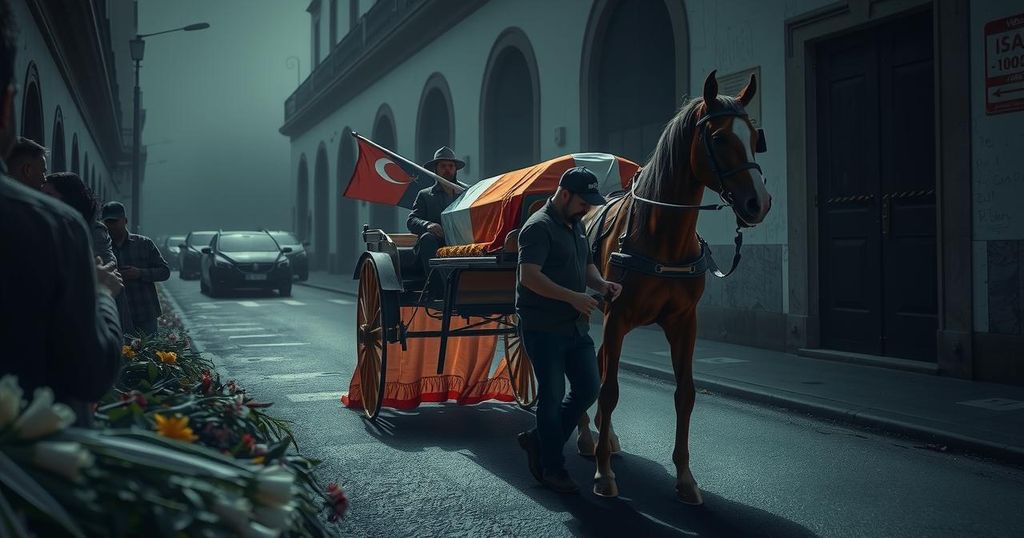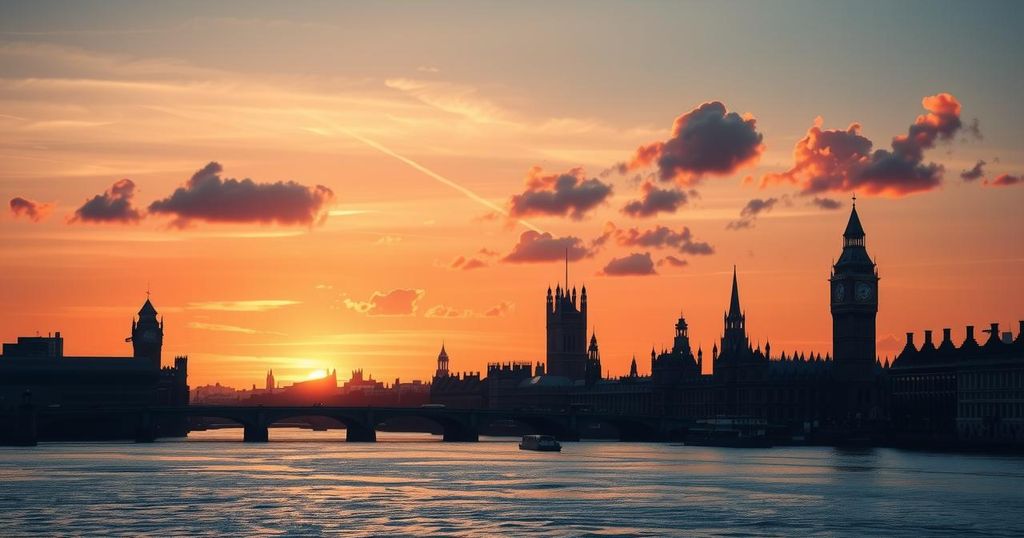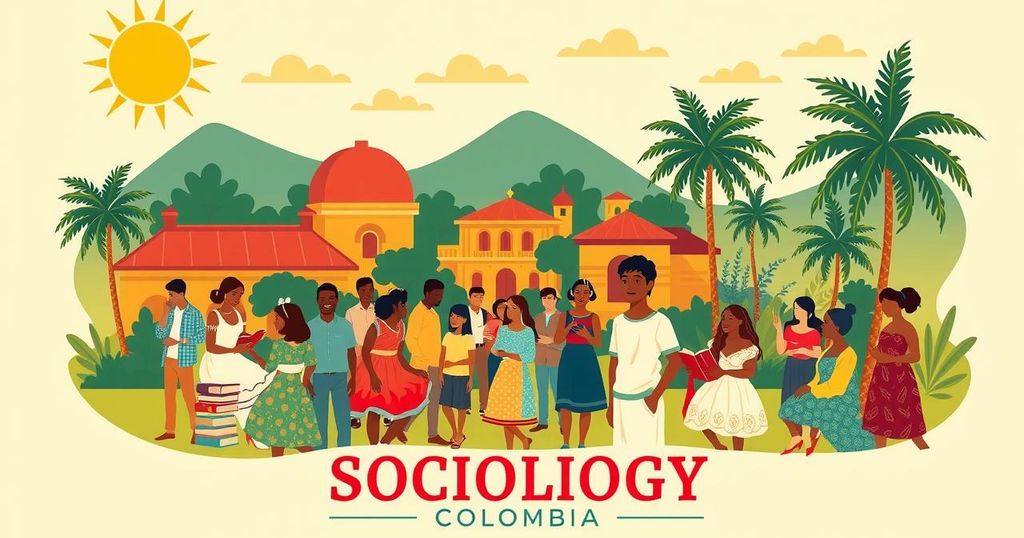Uruguay Mourns the Passing of Iconic Ex-President Jose ‘Pepe’ Mujica
Uruguay mourns former President Jose “Pepe” Mujica, who died at 89 after battling cancer. President Orsi declared three days of national mourning. Mujica, known as the “world’s poorest president,” was loved for his humility. He made significant social reforms in Uruguay and left a lasting legacy in Latin American politics.
Montevideo, Uruguay – The nation is in mourning as it pays tribute to former President Jose “Pepe” Mujica, who passed away at the age of 89 after a year-long struggle with cancer. Mujica, who became internationally known as the “world’s poorest president,” due to his simple lifestyle and charitable donations, was a significant figure in both Uruguayan and global politics. President Yamandu Orsi declared three days of national mourning following Mujica’s passing on Tuesday while at home on his farm on the outskirts of Montevideo.
On Wednesday morning, President Orsi was joined by Mujica’s widow, Lucia Topolansky, as they led a funeral procession from the presidential headquarters to the legislative palace. There, Mujica will lie in state during the day. The funeral cortege, led by a horse-drawn carriage adorned with the Uruguayan flag, attracted thousands of mourners who gathered along Montevideo’s main avenue to bid farewell. Shouting “Thank you, Pepe,” many wept, while some waved banners evoking the revolutionary spirit associated with Argentine icon Che Guevara, reading “Hasta siempre, Pepe” (Until Forever, Pepe).
Mujica garnered international acclaim for his years in office from 2010 to 2015, during which he gained the epithet stemming from his personal choice to donate a substantial portion of his salary to charity while residing modestly on his small farm with his three-legged dog. His policies made him a transformative figure, as he modernized the nation and advanced progressive social reforms, including the legalization of abortion, same-sex marriage, and the recreational use of cannabis. Observers from around the world acknowledge that Mujica’s actions have left a lasting impact on both his homeland and beyond.
Across Latin America and Europe, leftist leaders are mourning the loss of a transformative and principled leader. Mexican President Claudia Sheinbaum referred to Mujica as an “example for Latin America and the entire world,” while Brazilian President Luiz Inacio Lula da Silva emphasized that Mujica’s “human greatness transcended the borders of Uruguay and his presidential mandate,” describing him as a unifying force in Latin America.
Remembered fondly in Montevideo, many residents reflect on Mujica’s deep connection with ordinary people. Walter Larus, a waiter and frequent patron of a local café, remarked, “He felt and lived like ordinary people, not like today’s politicians.” This sentiment captures the unique legacy Mujica leaves behind.
Mujica’s political journey began as a co-founder of the Tupamaros, a leftist guerrilla group in the 1960s, initially focused on social justice before evolving into more militant tactics. He was imprisoned during Uruguay’s military dictatorship from 1973 to 1985, experiencing torture and enduring substantial hardships. Though he faced obstacles, he ultimately emerged as a prominent leader in the Broad Front coalition, serving first as agriculture minister and then completing a single term as president in adherence to constitutional limits.
Throughout his presidency, Mujica confronted poverty with policies that received both admiration and criticism, particularly concerning government spending. He remained childless with his wife, Topolansky, whom he partnered with politically as well. As Uruguay grieves, it acknowledges the remarkable journey of a man who embodied the fight for social justice.
Mujica will be remembered not only for his political achievements but also for his palpable humanity and solidarity with the common folk.
Jose Mujica’s passing is a profound loss for Uruguay and the world, commemorating a leader whose humility and progressive vision transformed his country. The national mourning reflects the deep affection and respect many had for him, as thousands came out to express their gratitude. Arising from a past of resistance and revolution, Mujica’s legacy of social reform and remarkable connection with ordinary citizens will surely endure. His example as the ‘world’s poorest president’ continues to inspire global leaders and citizens alike.
Original Source: www.rfi.fr




Post Comment